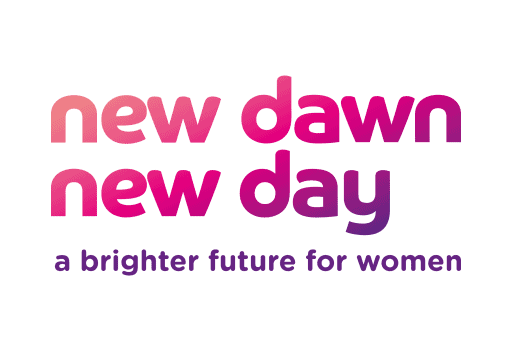Our Approach
Our approach to working with women is holistic, non judgmental and trauma informed. We use an approach which works with the whole person, not just one issue or problem. Our way of working is both holistic and psychologically informed and balances support and empathy with boundary setting, challenging and pro-social modelling.
The women we work with typically present with 4 or more of the following needs.
We support women to access other specialist services and help to co-ordinate this support around the woman. It is a distinct way of working that is both holistic and psychologically informed, balances support and empathy with boundary setting, challenging and pro-social modelling.
Questions and Answers
Women are referred to our service because they are facing a crisis. Often they find themselves involved in the Criminal Justice System. Underlying this is usually a history of trauma resulting from childhood abuse, neglect, domestic violence and sexual violence.
Yes. Women who have been through trauma are significantly more likely to experience depression, anxiety, self-harm, or be diagnosed with a personality disorder. They are more likely to live in poverty, to be repeat victims of violence, to use alcohol and drugs as a coping mechanism, to be diagnosed with a severe and enduring mental health problem and become involved in the Criminal Justice System.
Most of the women we work with have very low self-worth, and often come to us feeling angry or frightened. In many cases, they are socially isolated and have no existing support network. Due to experiencing trauma, they may struggle in social situations and often present with behaviours and coping strategies that are interpreted as ‘difficult’ or ‘anti-social’.
Often, they are seen as someone who is a problem rather than someone who has a problem
Yes, the women we work with can often find it hard to change their circumstances and patterns of behaviour. These issues also mean that they find it difficult to access mainstream support such as mental health services. A common pattern that we see is engaging in short term, limited care in crisis situations, which often fails to make lasting changes to medium and long-term outcomes. Women often find forming and maintaining relationships difficult and can feel that their lives are consistently very chaotic. Making changes in their lives can also increase the risk of further violence and abuse, such as planning on leaving an abusive relationship.
We offer a ‘trauma-informed’ system of care which involves the integration of trauma concepts and trauma sensitive responses into our day-to-day practice. The way in which we design and deliver our services considers a woman’s history of trauma and how this helps us to understand and support her to make positive changes.
Our services embody the principles of trauma-informed care in that they are:
- Designed to maximise safety
- Strengths-based and person-centred
- Routinely screens for trauma in the client’s history
- Recognises and responds to the role of trauma in a person’s life and the issues they present with
- Delivers interventions which raise awareness of the client’s trauma response to support their self-awareness and self-efficacy
- Creates a supportive and reflective working environment for all staff to help reduce the impact of their clients’ trauma on their own wellbeing
- Offers access to trauma-focused psycho-educational programmes
We assign a Caseworker to each woman as a single point of contact, providing one-to-one practical and emotional support, advocacy and case management. This allows the woman to build a sense of trust and feel valued and cared about. This is a crucial first step in creating change and is built through treating women who use our service as equals. Caseworkers will listen, use sensitive enquiry and offer practical support to address immediate problems, developing a tailored support package to meet the individuals identified needs and long term goals.
With acceptance of change being a pre-condition to recovery, the Caseworker is able to provide encouragement and belief in the client’s ability to change. The approach is “strengths based” and acknowledges the potential protective and supportive role of the woman’s community and familial networks. Through this approach we are able to support women to take steps to improve their circumstances and being their recovery journey.
Working with vulnerable women holistically to make these changes can reduce demands on state services including primary and emergency healthcare, police, prisons, probation services and courts, housing and homelessness services and social care agencies. It can also significantly improve long term outcomes for the children of women with complex needs, by empowering women to understand their experiences of trauma and its impact on family relationships.
Share this page
